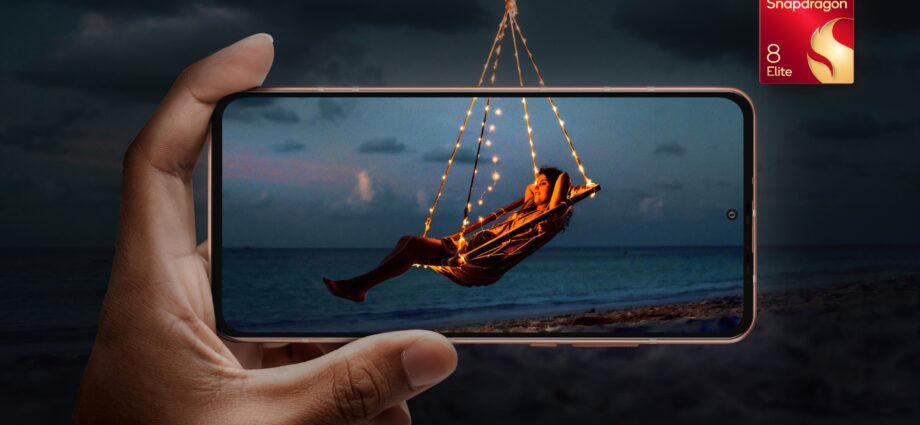
Image: Qualcomm
In the ongoing war of words between Intel and Qualcomm in the low-power PC computing space, Qualcomm has fired a mammoth shot: The company is claiming that its second-generation Snapdragon Oryon CPU core is faster than Intel’s latest Core Ultra chip, Lunar Lake.
To be more specific, Qualcomm believes that its second-generation Oryon core, in a smartphone, is faster than a Lunar Lake PC processor.
Cristiano Amon, the chief executive of Qualcomm, said that the new Oryon core is 62 percent faster than the Core Ultra 7 Series 2 chip, if both chips are running at the same power. If the chips were to be run at the same power, the Core Ultra would require 190 percent of the power of Qualcomm’s chip.
It’s an aggressive claim. And it’s slightly disingenuous, since no Core Ultra PC chip would be run at the same power of a smartphone. Viewed from Qualcomm’s perspective, however, that’s because no X86 PC processor could actually run at the power of a smartphone. Although Qualcomm didn’t actually say what that power level was, a graphic indicates it: somewhere under 10 watts.

The key difference in the new Snapdragon 8 Elite is the addition of new, faster “prime” cores that Qualcomm added to the array of performance cores that it has used before.
Qualcomm’s existing Snapdragon X Elite uses three clusters of four CPU cores, all running at 3.80GHz. The new second-generation Oryon CPU uses two prime cores, each running at 4.32GHz, with the remaining performance cores running at 3.53GHz.
Qualcomm also revamped the GPU and NPU inside the chip, increasing the performance there, too.
Qualcomm seemed to take Intel’s claims of Lunar Lake performance rather personally, with Amon promising a “battle of the benchmarks” at the Snapdragon Technology Summit, which kicked off today. In the constant back-and-forth between chipmakers, neither company will have the true last word. But Qualcomm’s statement was a true “mic drop” moment, and we’ll have to see how Intel responds.
Author: Mark Hachman, Senior Editor, PCWorld

Mark has written for PCWorld for the last decade, with 30 years of experience covering technology. He has authored over 3,500 articles for PCWorld alone, covering PC microprocessors, peripherals, and Microsoft Windows, among other topics. Mark has written for publications including PC Magazine, Byte, eWEEK, Popular Science and Electronic Buyers’ News, where he shared a Jesse H. Neal Award for breaking news. He recently handed over a collection of several dozen Thunderbolt docks and USB-C hubs because his office simply has no more room.

